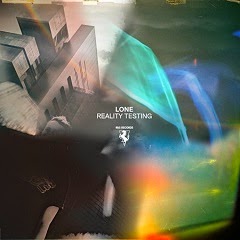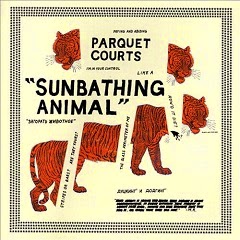Once More ‘Round the Sun
24 June 2014
Reprise
3.5 stars out of 5
Well, it ain’t no Leviathan.
This sentence is the only subject of real concern for casual fans of Mastodon,
so if you’re trying to decide if the LP would look good next to Deafheaven or
Windhand in the token metal section of your vinyl collection, keep that in
mind. On the other hand, if you’re offended that I dared to even mention
artists so different as Deafheaven and Mastodon in the same sentence, you’re
going to be a little happier with Once
More ‘Round the Sun, and you’re going to file it right next to that
tattered copy of Machine Head that
you picked up at a garage sale for $1 in the first semester of your
post-secondary career (it skips badly during “Highway Star,” making it seem
like they just want to repeat the same two seconds of metal history over and
over again—which, appropriately enough, is what Mastodon do during much of Once More ‘Round the Sun).
Don’t get me wrong: if it’s riffs you want, then look no
further. There are some great ones here—pretty much every track is built upon some
grandiose fretwork or other. And, seriously, if one criticizes Mastodon for
following tried-and-true metal formulas and not colouring outside the box, one
might as well take on metal as a whole for being conservative. Part of what
makes Mastodon so dear to the hearts of metalheads everywhere is how closely
they adhere to tradition—ain’t no clever post-metal deconstruction happening here,
just faithful (translation: ultra-conservative) worshipping of the metal gods. In
other words, Once More ‘Round the Sun,
like its title would suggest, is really just more of the same, so if that
pleases you from a philosophical point of view, then this record is for you.
In many ways Mastodon is a parody of a cliché. Take our previous
reference to Deep Purple: if you’re completely honest with yourself, you’ll be
forced to acknowledge that “Highway Star” is quite possibly the most
ridiculously clichéd six minutes ever devoted to vinyl. You can’t help but
laugh at its idiotic nature, yet you cannot deny that it is also fucking awesome. The word “awesome” is
basically interchangeable with “Highway Star.” (“Dude, how was the Mastodon
show last night?” “Oh dude, it was fucking highway
star, man!” “Dude!” “Yeah, man!”) So, basically, why bother to experiment
and evolve as an artist when you’re already awesome?
reviewed by Richard Krueger




















